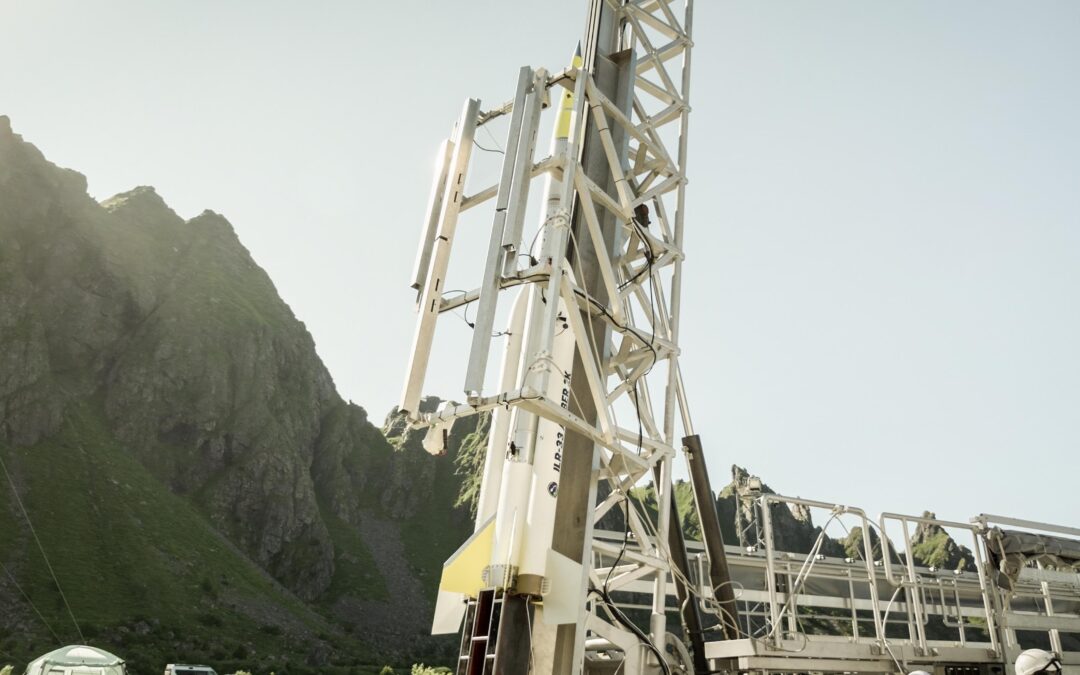A Polish rocket that uses a pioneering type of more environmentally friendly fuel has reached space for the first time.
Taking off from the Andoya base in Norway on Wednesday 3 July and travelling at a speed of up to 1.4 km per second, the ILR-33 Ambert 2K rocket passed an altitude of 100km, which marks the boundary of space.
It is the world’s first rocket to use 98% hydrogen peroxide as an oxidiser. That substance is “one of the most ecological propellants” available, says Paweł Stężycki, director of the Institute of Aviation in Warsaw that is behind the Amber rocket project.
The institute believes that hydrogen peroxide – which has previously been used in rocket propulsion at lower than 98% concentrations – can replace the hydrazine currently used in the space industry, which has very high toxicity.
🎺July 3, 2024 will go down in history of 🇵🇱's #spacetech in a special way. The ILR-33 #AMBER 2K, the 🌐1st #rocket to use 9⃣8⃣% hydrogen peroxide 🔥 as the oxidant, constructed by @AviationPoland, co-financed by #POLSA was launched successfully from Andøya🇳🇴 More info on Friday! pic.twitter.com/Z8nfN4KshF
— Polska Agencja Kosmiczna (@POLSA_GOV_PL) July 4, 2024
“With this project and the technologies used in it, we want to prove to the world that elements of sustainable, ecological transport are possible in space,” added Stężycki.
Having achieved their breakthrough first space flight, the institute now plans to carry out further work on the project with the ultimate aim of being able to use the rocket to carry payloads into space.
Among the potential uses for the rocket is facilitating scientific experiments in space. Thorium Space Technologies, a Polish firm, is planning to use the rocket over the coming years.
Sorry to interrupt your reading. The article continues below.

Notes from Poland is run by a small editorial team and published by an independent, non-profit foundation that is funded through donations from our readers. We cannot do what we do without your support.
More broadly, the Institute of Aviation and the Polish Space Agency (POLSA), which co-funded the project, see it as a means of developing and demonstrating Poland’s expertise in space technology.
This can serve domestic economic and military purposes, as well as allowing Polish engineers to play a greater role in international projects.
“The competences and experience of Polish engineers in rocket design are currently the starting point allowing not only for participation in programmes for the development of large space rockets, but also for involvement in the implementation of projects for the needs of the Polish armed forces,” said POLSA vice president Michał Wierciński.
Poland has signed an agreement with the European Space Agency that will see the country launch its first constellation of satellites.
This will be "a significant step for Poland and [the] Earth Observation industry", says the @esa https://t.co/MvWEIG7RVY
— Notes from Poland 🇵🇱 (@notesfrompoland) October 31, 2023
The Institute of Aviation says that its work on the Amber project has already “enabled the involvement of Polish consortiums in a number of international rocket projects of the European Space Agency, the European Defence Agency and the European Defence Fund”.
Poland’s science and higher education ministry also celebrated Wednesday’s successful launch as “an important moment for the Polish space industry and the entire sector related to the use of space”.
Main image credit: MNiSW (under CC BY-NC-ND 3.0 PL)

Daniel Tilles is editor-in-chief of Notes from Poland. He has written on Polish affairs for a wide range of publications, including Foreign Policy, POLITICO Europe, EUobserver and Dziennik Gazeta Prawna.



















